Fallout: New Vegas Director on how to make sure that all your points of persuasion don't go to waste: It's "all about feelings... but you use figures to arrive at this feeling"
How can you make sure that a player feels good about their character building choices, regardless of whether they spent all their points on lockpicking or heavily focused on persuasion in an RPG? Josh Sawyer, studio design director and RPG designer at Obsidian says that, like weapon tuning, it's a vibration-based art. But good documentation and a dataset don't hurt.
In a recent video on YouTube, Sawyer stated that it is important to make skill choices matter as soon possible. He said that if something is going to be a part of gameplay, it should be visible and present almost immediately. Sawyer used Good Springs as an example. Obsidian designed the town to allow players to use every skill they chose during character creation during the initial quests and exploration.
Sawyer explained that the goal of frontloading skill checks was to communicate to the player that they were paying attention to their character and that they would be rewarded for it. If you find some locked containers that have bullets inside, you can be assured that dropping points in lockpicking early on will not be a bad decision when you are later scavenging for wasteland salvage.
Sawyer said that the idea of equal skill representation may not be as important when designing later game content, but he added that setting early intentions is equally important for developers. Asking a quest or an area's designer what skills the player can use to solve problems early on helps design leads assess overall skill check distribution.
Sawyer said that if designers have documented their intentions a lead designer could theoretically review the documentation and say "Wow, it seems we are really leaning on pickpocketing, or we are really over-indexing explosives" and adjust direction accordingly.
Obsidian benefited from script tracking software. It allowed its developers to track how often a scripting command was used in the game and how often it checked for specific values. A designer can, for example, see how often a script is run to check a player's science skills in conversation and how often the checks are set to certain skill thresholds.
If the team notices some skills are over-or-underrepresented, Sawyer said it can be a complicated problem to solve. Obsidian has used two solutions: either split a skill that is too frequent in skill checks into separate skill or find a new skill which is thematically appropriate to combine underrepresented skills. Sawyer, in Pentiment, said that the character Astrologist and Naturalist background was "interesting" but could not be designed consistently. They were eventually combined into the Heavens & Earth background, which shipped in the final version.
Sawyer said that having hard data to compare against is useful for managing a team's perception biases. However, he acknowledged that it's something not every studio can afford. He said that, at the end, RPG design is "all about feeling, just as tuning a gun is about feelings." But you use numbers in order to arrive at this feeling."
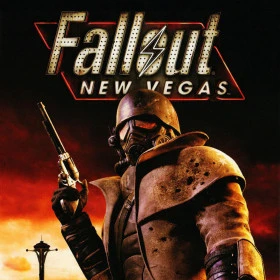
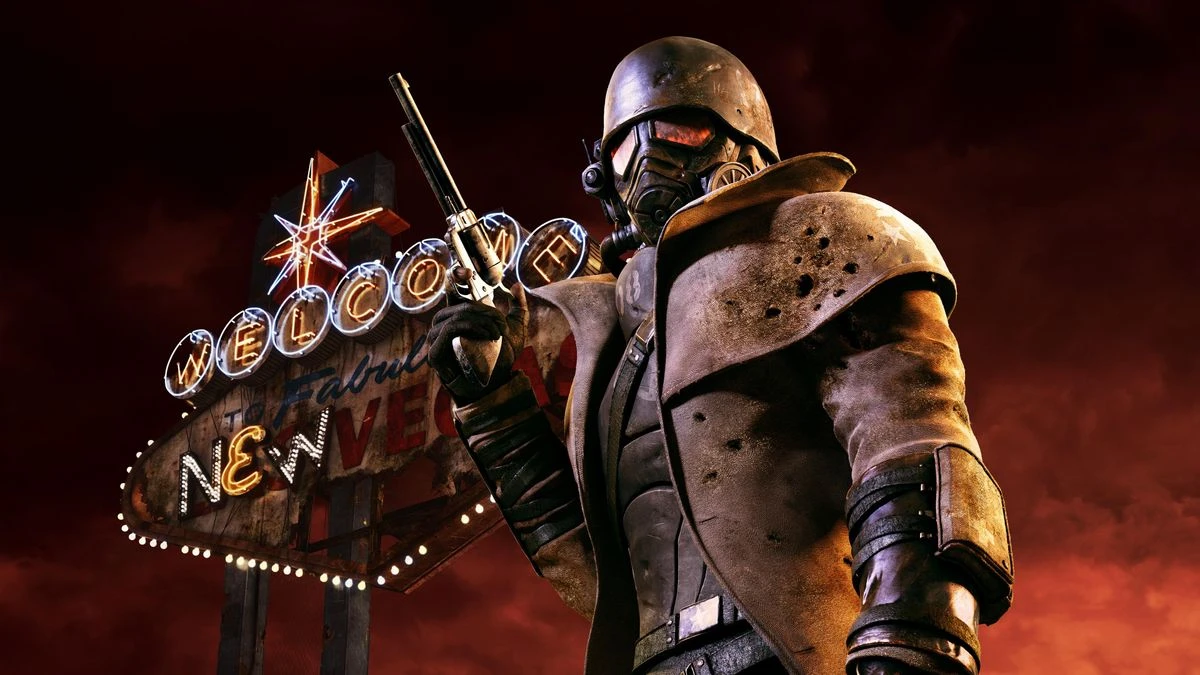
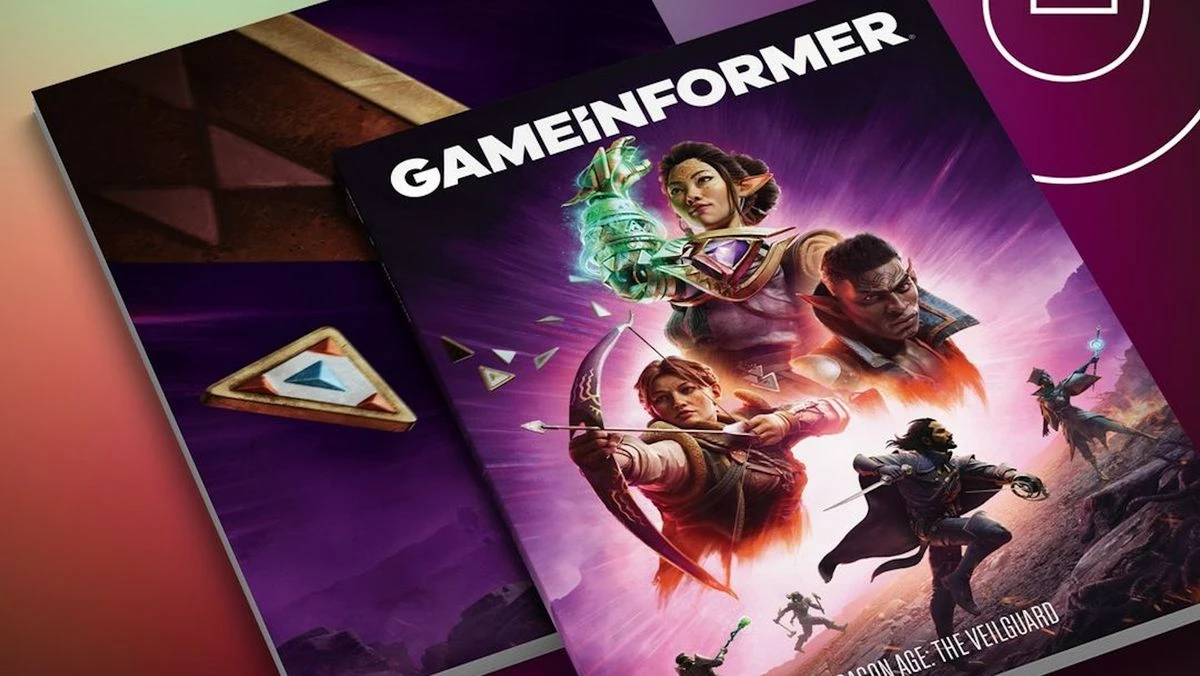
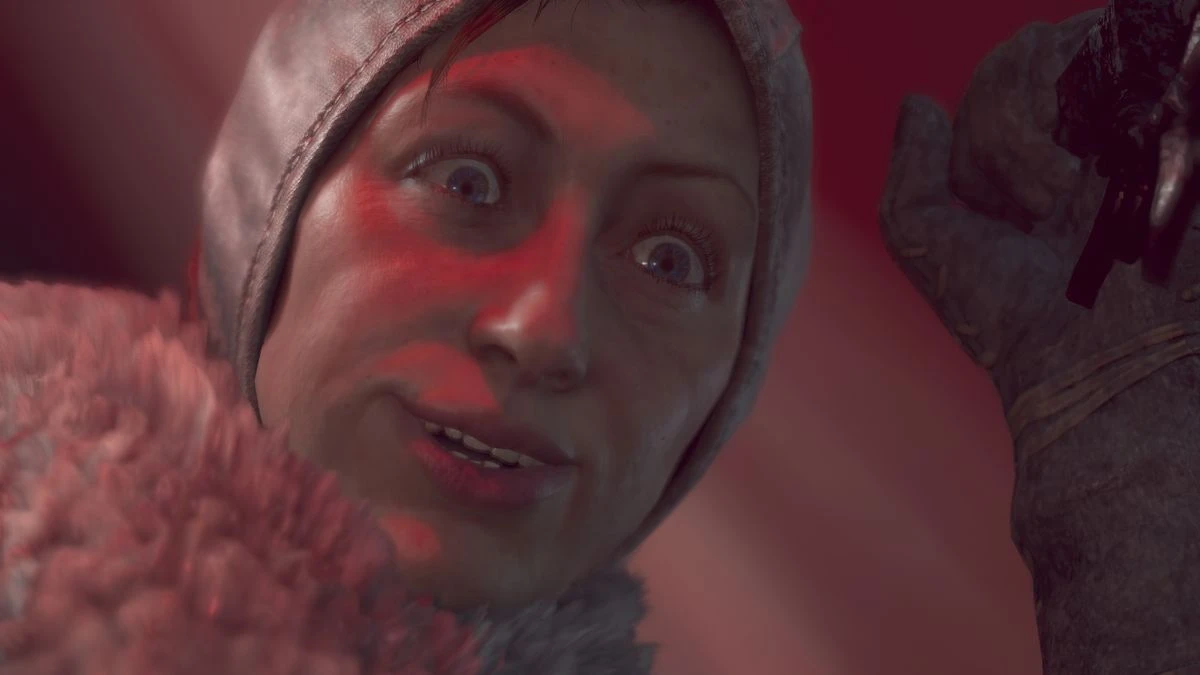
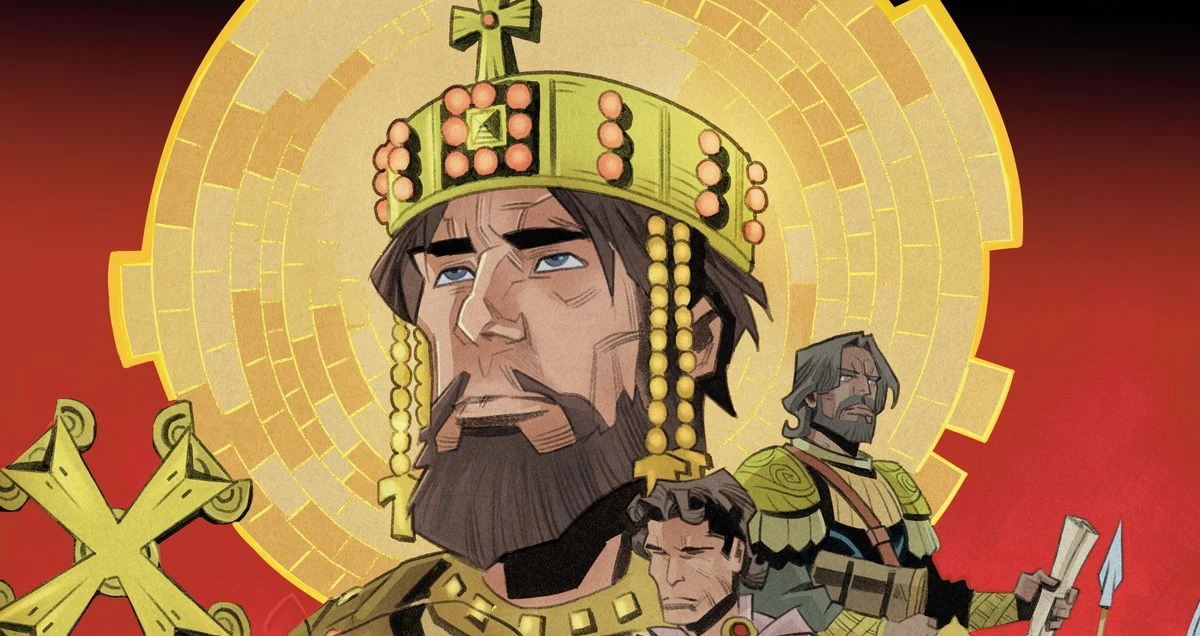
Comments